A passenger boat caught fire and capsized late Tuesday on the Congo River, killing at least 50 people and leaving hundreds more missing, officials confirmed Wednesday. The tragedy occurred near the northwestern town of Mbandaka in the Democratic Republic of the Congo.
The wooden motorized vessel, named HB Kongolo, was carrying approximately 400 passengers when it caught fire shortly after departing the port of Matankumu en route to Bolomba territory. Compétent Loyoko, river commissioner for the region, told The Associated Press that the fire appears to have started from cooking activity onboard, a common but dangerous practice on Congolese riverboats.
“Several passengers jumped into the water to escape the flames but could not swim,” Loyoko said, noting that women and children were among the victims.
About 100 survivors were rescued and taken to an emergency shelter set up at Mbandaka’s town hall. Many suffered severe burns and were transported to local hospitals for treatment. Rescue efforts, supported by the Red Cross and provincial authorities, continued into Wednesday in a desperate search for those still unaccounted for.
Chronic Maritime Dangers
Deadly boat accidents are tragically frequent in Congo, where the vast river network is a primary mode of transport for millions, especially in rural and underdeveloped regions. Overcrowding, poor maintenance, and lax safety enforcement routinely contribute to maritime disasters.
Nighttime voyages—often banned under national regulations—remain widespread due to economic pressures and limited transport options. Enforcement of safety standards has proven difficult in a country of over 100 million people where infrastructure gaps are particularly acute in inland regions.
Background and Context
This latest tragedy adds to a grim series of transportation-related disasters in the country. Hundreds have died in similar incidents over recent years as boats, often wooden and overfilled with cargo and passengers, navigate the treacherous currents of the Congo River and its tributaries.
The accident also comes amid broader humanitarian challenges in the Democratic Republic of the Congo, including ongoing armed conflict in the east, mineral-related unrest, and recurrent natural disasters.
Authorities have pledged to investigate the incident and provide support to survivors and the families of victims. However, calls for stricter enforcement of river transport regulations and investment in safer infrastructure continue to grow.
As the nation mourns yet another river tragedy, attention turns once again to long-standing calls for reform in the country’s overburdened and hazardous transport systems.
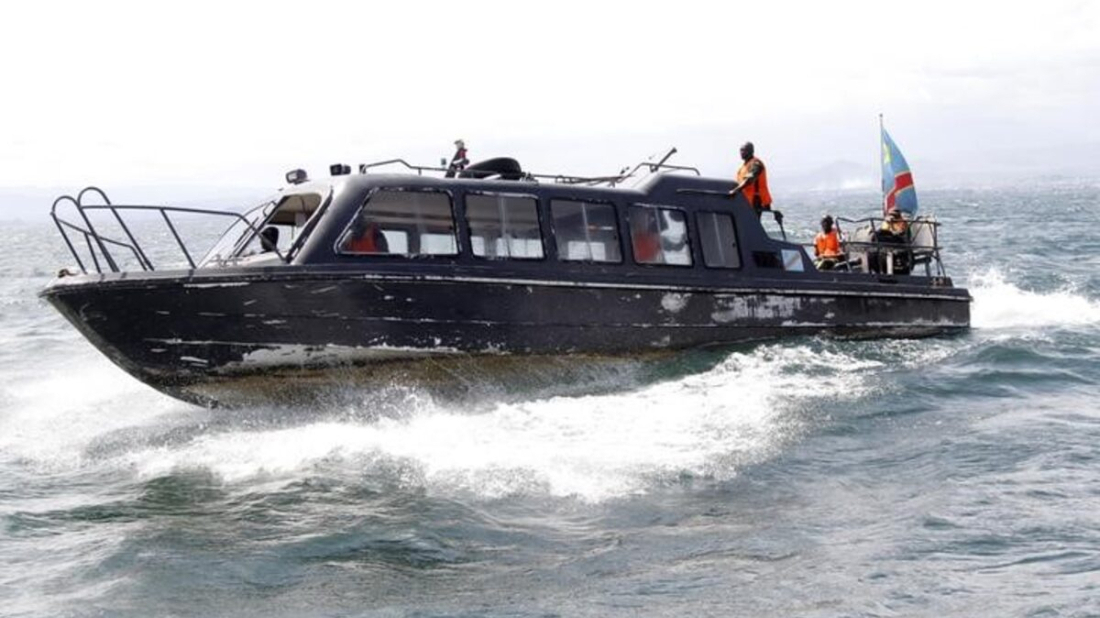
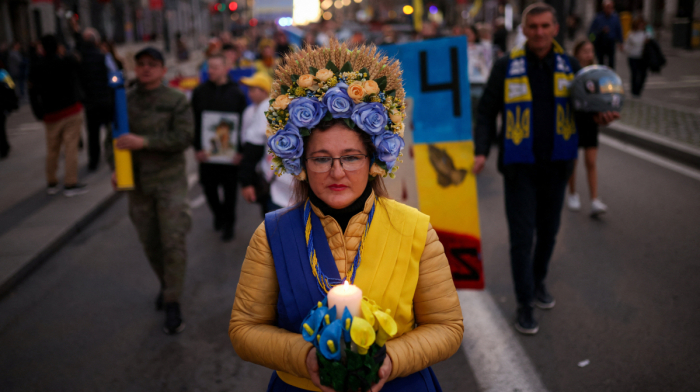
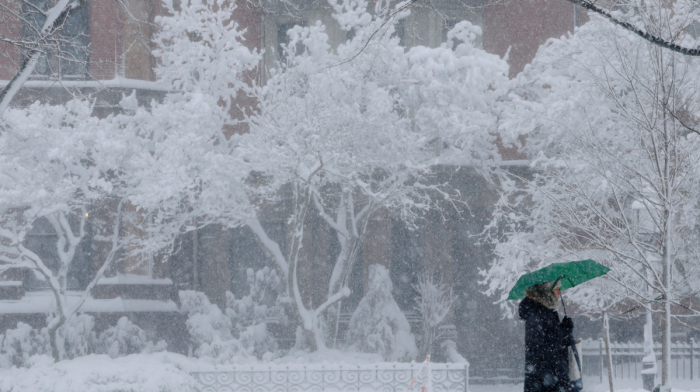
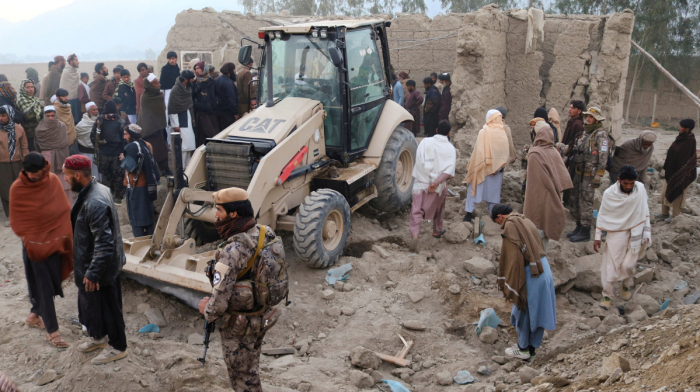
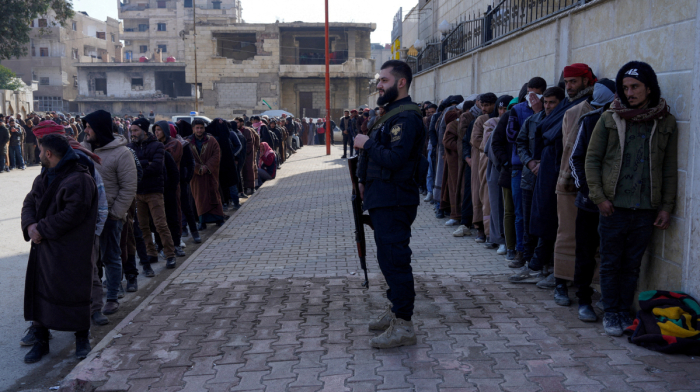
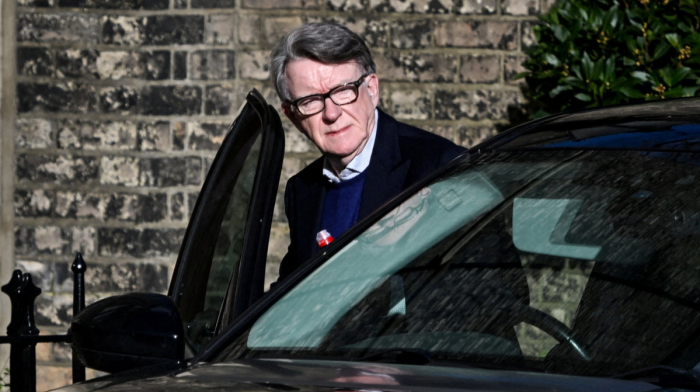

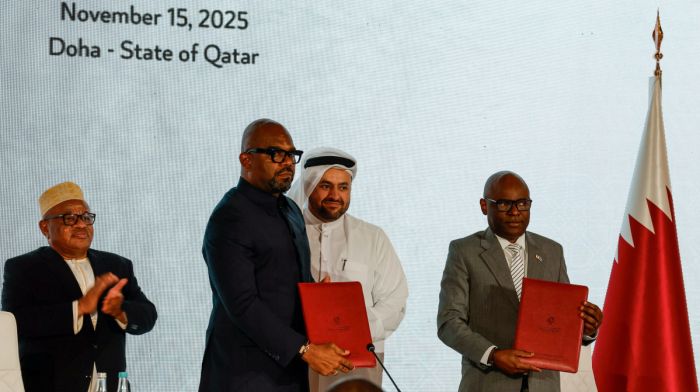
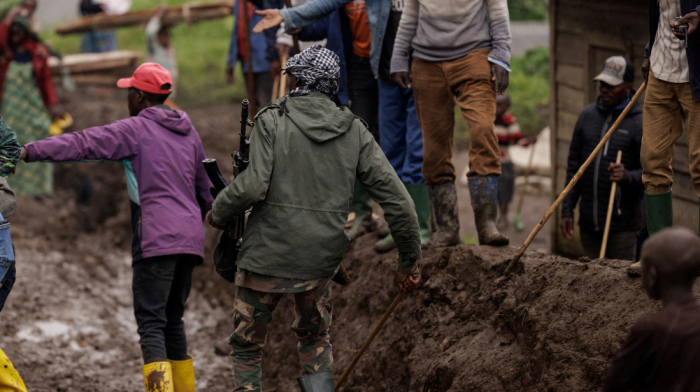
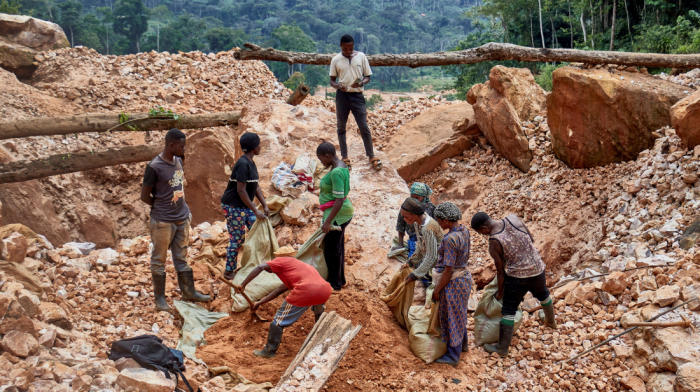
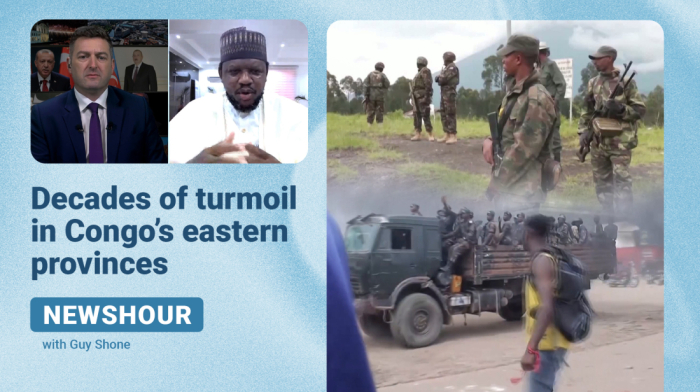
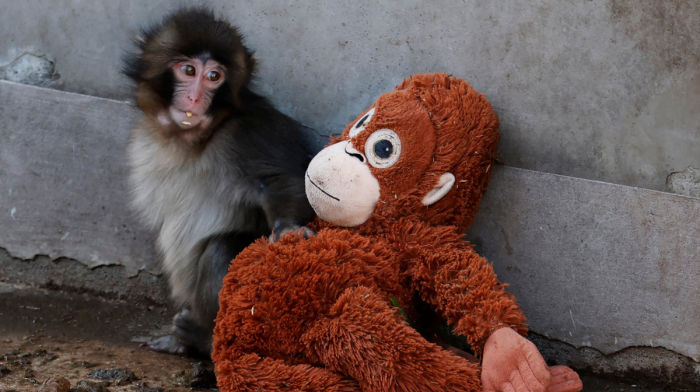
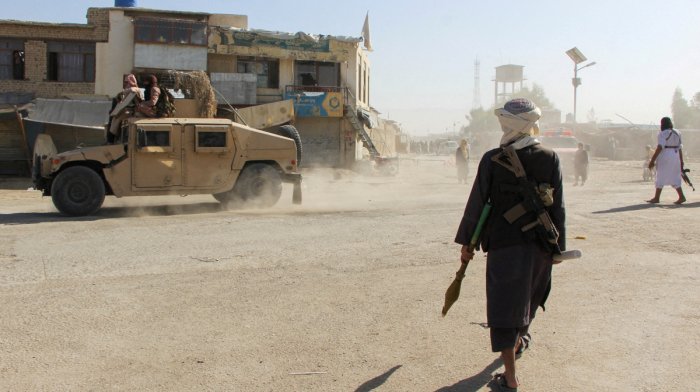
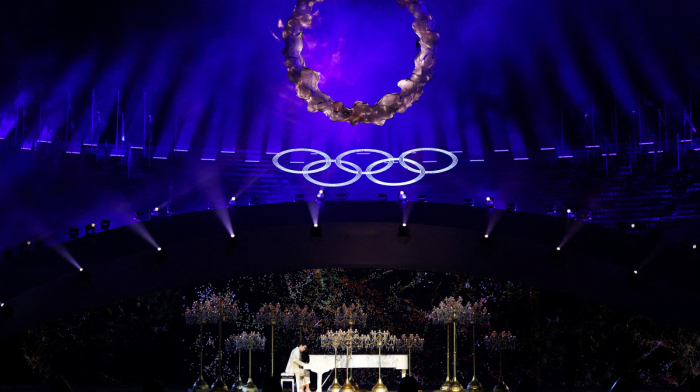
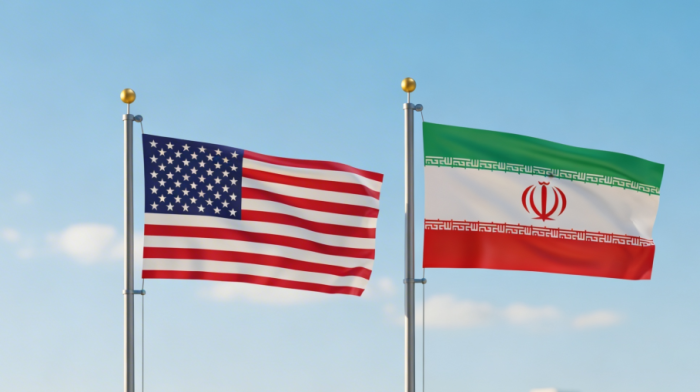
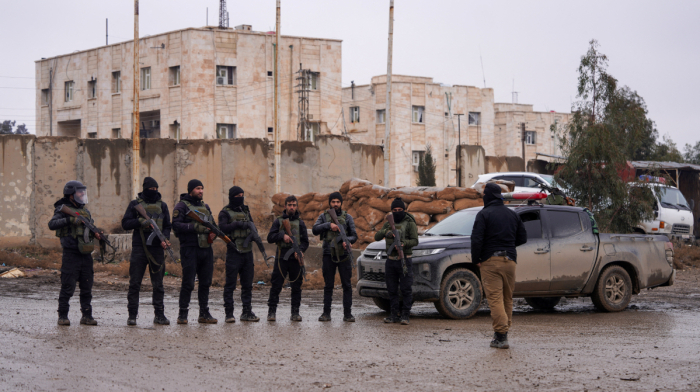
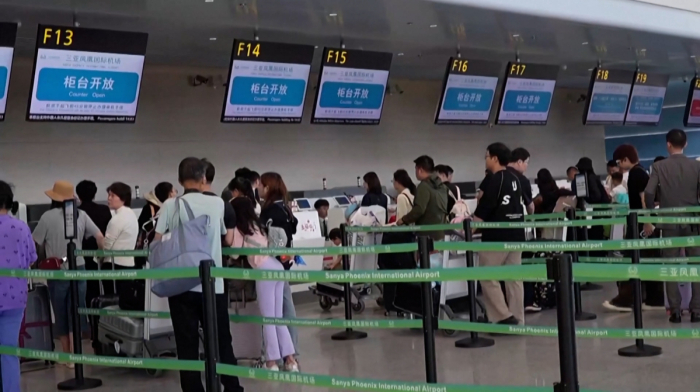



What is your opinion on this topic?
Leave the first comment